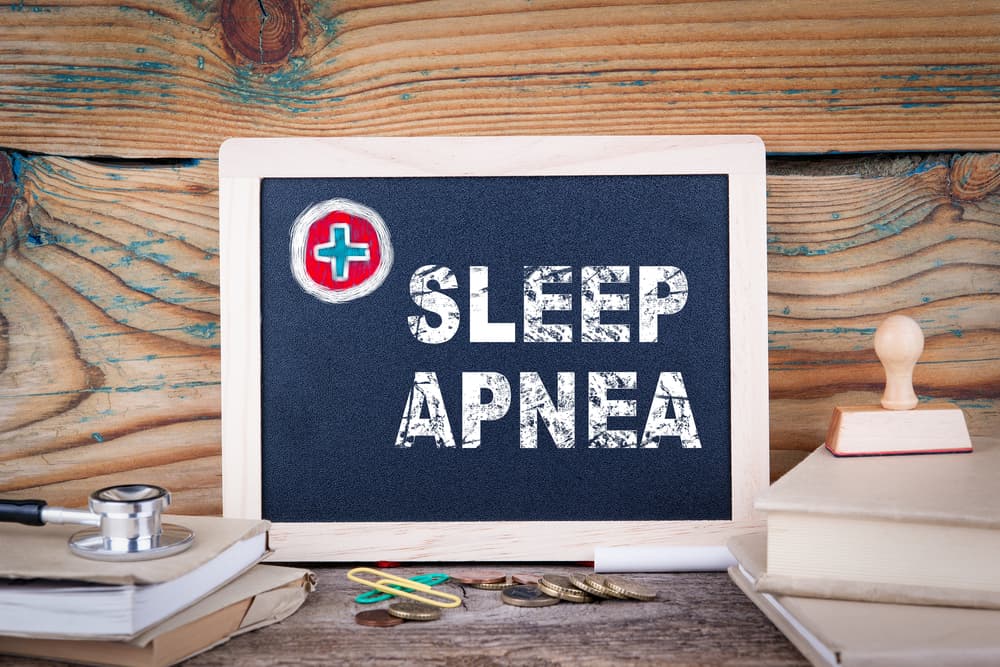
Sleep apnea is a sleep disorder characterized by pauses in breathing during sleep. It can disrupt sleep and is associated with several chronic health problems, including diabetes, high blood pressure, and heart disease.
It can also develop because of chronic obesity, traumatic brain injury (TBI), and post-traumatic stress disorder (PTSD), and there is research that associates it with traumatic brain injury (TBI) and post-traumatic stress disorder (PTSD). About 5 percent to 10 percent of the general population suffers from sleep apnea, yet its prevalence is four times higher among Veterans.
If you are a Veteran with sleep apnea and can demonstrate that your condition is connected to your service, you may be eligible for VA disability benefits. Under the VA rating schedule, a Veteran with sleep apnea may receive up to 100 percent disability rating depending on the severity of their condition.
The VA provides four disability ratings for sleep apnea:
The VA recognizes three types of sleep apnea; all three are treated equally for disability ratings. They can cause symptoms such as snoring, excessive daytime sleepiness, and morning headaches.
The three types of sleep apnea the VA recognizes are:
Sleep apnea may be a service-connected condition if you can establish that the condition started during your military service or establish a nexus (or link) with an event or exposure during your time in service.
Proving this usually requires a strong opinion from a trained medical professional who has analyzed the research, reviewed your medical records, and can decide that your sleep apnea is a service-connected condition.
Sleep apnea can also be a secondary service-connected condition.
For example, sleep apnea is connected to several medical conditions that Veterans develop during service, including:
If you suffered a TBI in service for which you received a VA rating for disability benefits then later developed sleep apnea, you may file a new claim for sleep apnea as caused by your TBI. However, you will need to show evidence of your sleep apnea diagnosis as well as a nexus between your TBI and your sleep apnea.
Obesity is also a possible factor that can come into play. Obesity is a common risk factor for sleep apnea. While obesity isn’t a service-connected disability, if you are diagnosed with obesity, and you can show that a service-connected disability caused it (for example, if you were diagnosed with severe asthma and cannot exercise, which caused you to gain weight), you might demonstrate a secondary disability.
Establishing these connections and proving them to the VA can prove challenging. A VA disability attorney from Berry Law can gather evidence to strengthen your claim for disability benefits or increase your current rating.
When initiating a claim for VA disability related to sleep apnea, here are some steps you can take to strengthen your claim for benefits:
For over 50 years, the VA disability attorneys at Berry Law have helped thousands of Veterans across the country in the fight for disability benefits. We have recovered over $180 million in back pay awards for Veterans on top of their monthly payments.
If you suffer from sleep apnea related to your time in service or a service-connected disability, we can help you. Contact us today to discuss your case and your options.
Our monthly newsletter features about important and up-to-date veterans' law news, keeping you informed about the changes that matter.